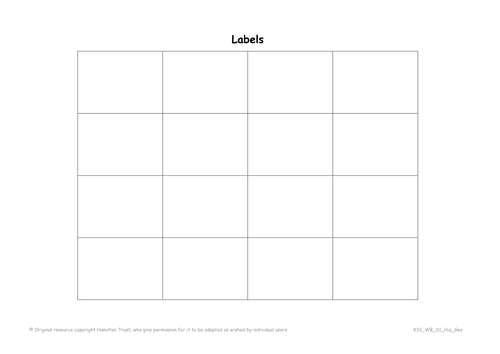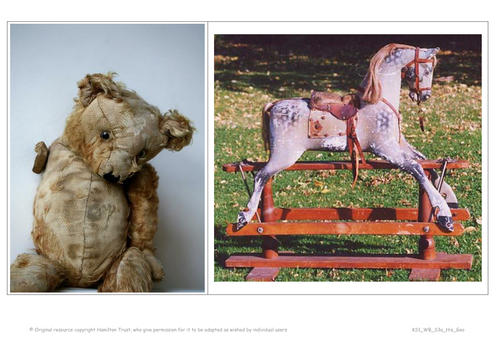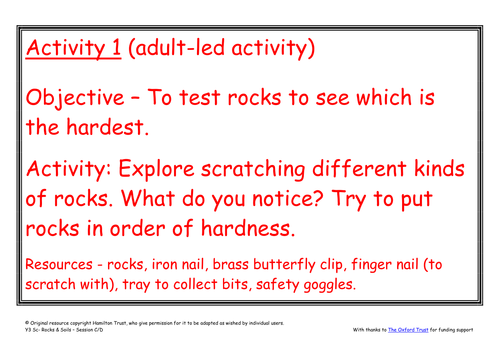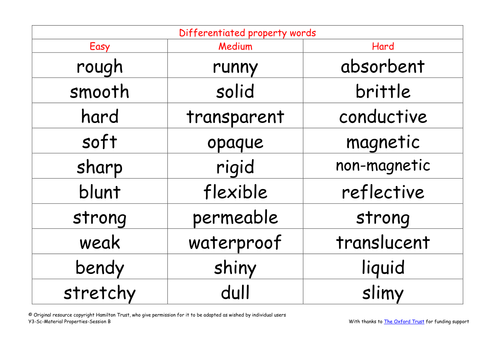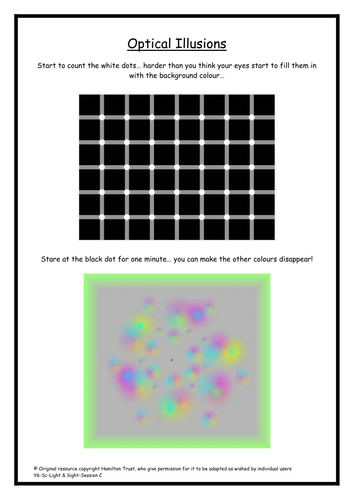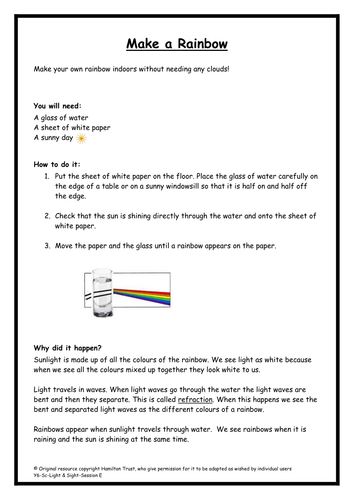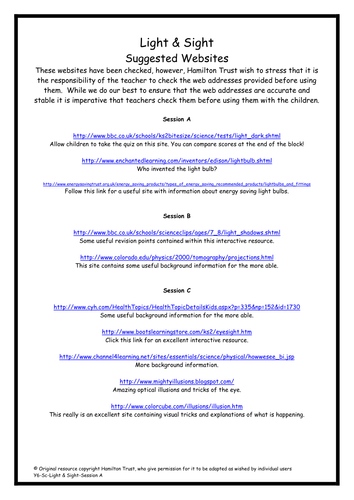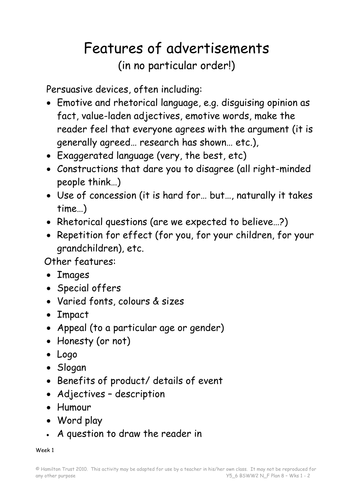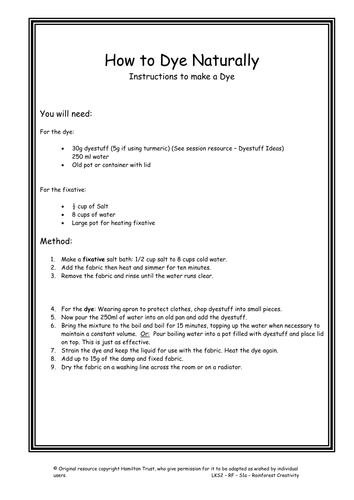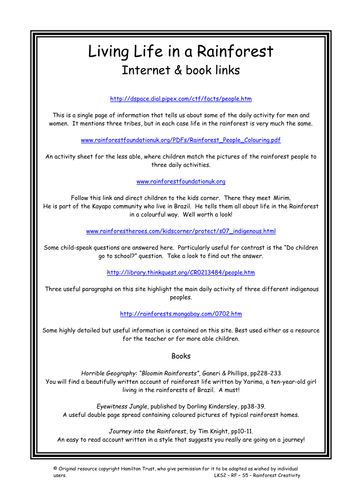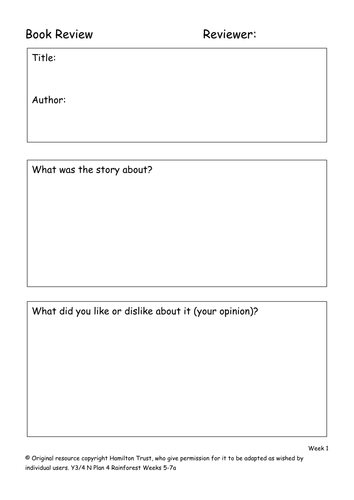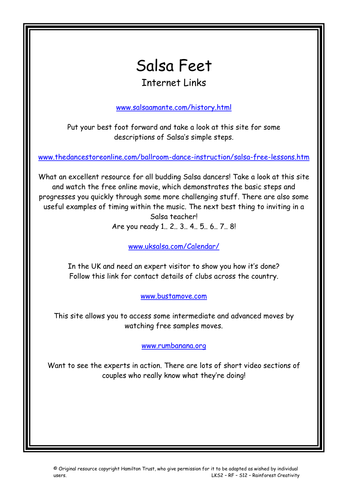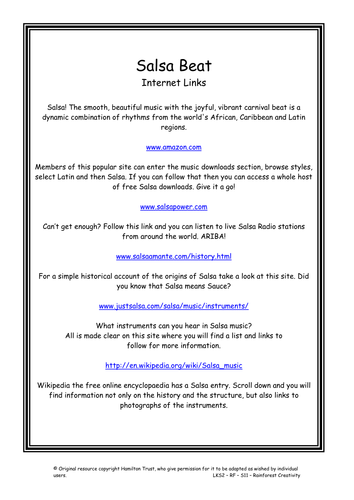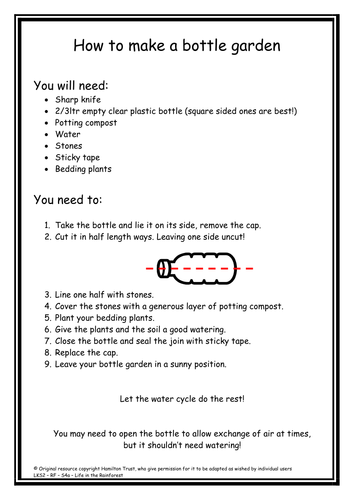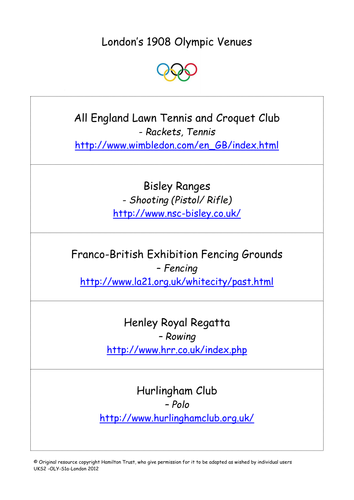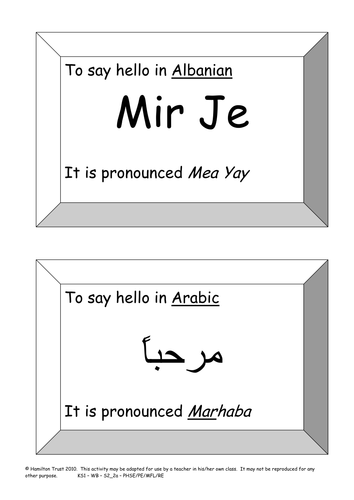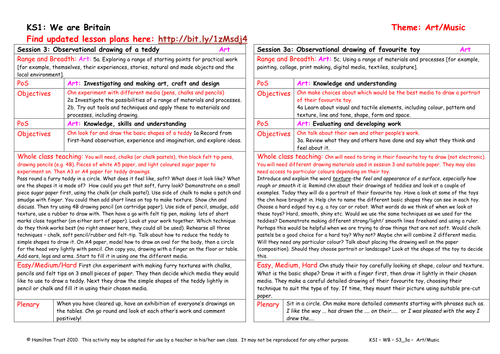
397Uploads
10045k+Views
11647k+Downloads
All resources

Make a Map
Children learn all about Britain and the different countries that make it complete. They write simple labels and create their own personal map of Britain, positioning favourite places and familiar landmarks.
Suitable for Years 1 and 2.

How old is my toy?
How do we know that a toy is old? What happens to our toys when they get played with lots? Children explore different toys and look for the signs of age. They choose precise words and explain their reasoning in detail.
Suitable for Years 1 and 2.

Explore rocks further
Take part in more practical workshop activities including separating sand and stones by sieving, using ICT to research rocks, looking up vocabulary in dictionaries, sorting and naming rocks and testing the effect of vinegar on rocks.
Suitable for Y3 pupils.

Everyday uses of materials
Make a water container out of a paper towel to get children thinking about the importance of understanding material properties. Look closely at some great new vocabulary to describe materials and make a large glossary for the classroom.
Suitable for Y3 pupils.

Eyes
Children get an insight into sight in this session. They find out that to see things, light needs to enter the eye, and how their eyes function. They also find out how to care for their eyes and that sometimes eyes can even play tricks on us!
Suitable for Y6 pupils.

'Insight into Sight'
It’s time to prepare exhibits for a Science Fair called ‘Insight into Sight’ which brings together many of the concepts introduced in this block. In this session children create artefacts and prepare their explanations.
Suitable for Y6 pupils.

Sources of light
Time to shed some light on what the children already know in this session as they create a concept map and are quizzed on their current understanding! They then identify sources of light and find out why the Moon isn’t one of them!
Suitable for Y6 pupils.

Persuasive language Weeks 1 - 2
Identify persuasive features used in adverts. Study adverts over the decades since the end of World War 2 in detail. Children create a paper advert about an exhibition related to the Topic. They then plan and present a TV or radio advert for a modern appliance.

Natural Colours, Natural Dyes
The book Deep in a Rainforest shows that the rainforest really is as bright as a rainbow. Children get access to a variety of natural materials and prepare them to create natural dyes. They record the process and dye small pieces of fabric.

Living Life In The Rainforest
The Rainforests are home to some 1.5 million people worldwide. But what is life for them really like? Chn take a close look in this session as they delve deeper into the forests and find out about life in the Jungle using books and ICT.

Myths and Traditional Tales Weeks 5 - 7a
Find brilliant rainforest characters in ‘The Great Kapok Tree. Explore the language of traditional tales and write a rainforest ‘Just So’ story. Read a tale from Papua New Guinea. Make a board game as a lead in to writing a quest story.

Rainforests - Reports Weeks 1 - 4
Explore report writing (and some explanation writing) through the fantastic book The Vanishing Forest by Richard Platt.
Identify the causes of deforestation and look at both sides of the question. Research the importance of the rainforest and write a report.

Salsa Feet! Dance To The Music!
Now its time to get up and moving. Children use ICT to learn basic steps before giving them a go to the music themselves. Maybe you can even invite a local expert in to really get things moving.

Salsa Beat! Dance To The Music!
In this session the children get to the rhythm of Salsa! They find out about the history of the dance, before listening to some examples and getting to grips with the instruments used to create it.

Water Cycle in Miniature
On Earth we still have the same drops of water that touched the lips of the dinosaurs! In this session children use all that they have learnt in the previous session to create a self contained bottle garden.
Suitable for years 3 and 4.

London's Olympic Legacy
The Olympics is now the largest sporting event on Earth, but that was not always the case. Children compare today with its early London incarnations and investigate what happened to the facilities after the torch was extinguished!

London Olympics 1908 and 1948
2012 brings with it London’s third Summer Olympic Games! In this session children find out more about the games in 1908 and those in 1948. Through research of the past they discover what made them unique in so many ways.

London Olympics 1948
The second London Games were held in 1948. Again London only had 2 years to organise the games as they were awarded in 1946 after the 1944 Games were cancelled due to WWII. Children research facts and the legacy to be added to the timeline.

Learning new ways to say Hello
Learn another circle game and then find out lots of different ways to say hello. Practice saying hello making good eye contact. Work as part of a group to make a ‘hello’ flag. Teach the new hello to the rest of the class.

Observational drawing of a favourite toy
Children learn the word ‘texture’. They look carefully at their favourite toy and talk about the feel and appearance. They decide which media they want to use to represent it and do a beautiful drawing! They talk about their work and the work of other people.
Suitable for years 1 and 2.

